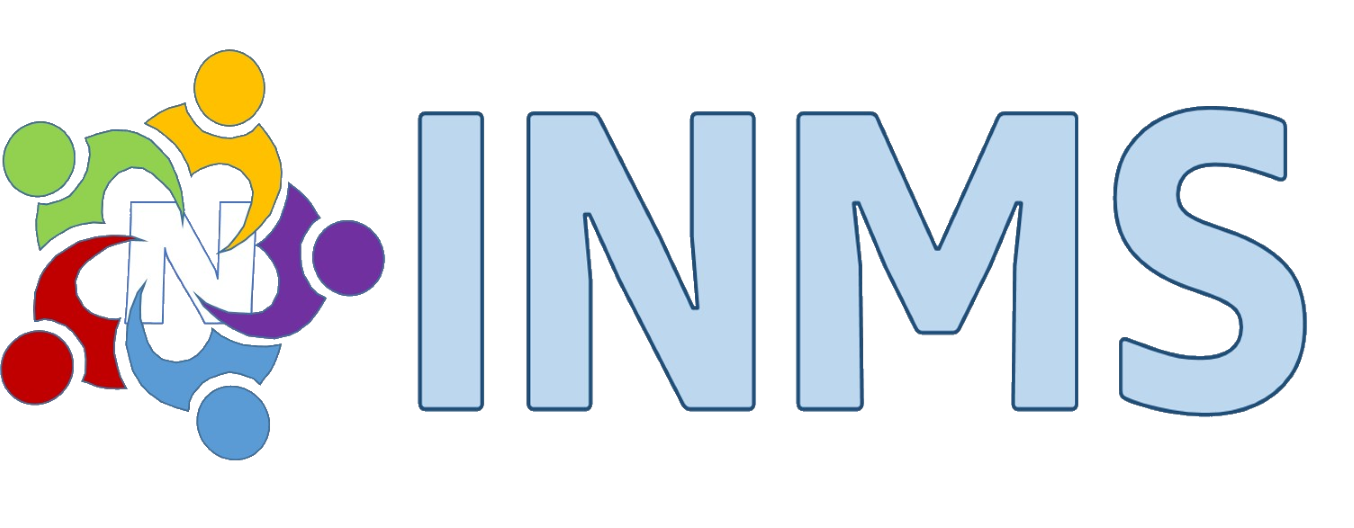The Environmental and Social Assessment and Management Framework (ESAMF) and Resettlement Policy Framework (RPF) for Maldives Clean Environment Project (the Project) constitute a cross-sectoral document of Maldives. The main objective of the Project is to support improvements to solid waste management in participating Atolls and Islands. The ESAMF lays down objectives in the area of environment protection aiming to (1) establish clear procedures and methodologies for environmental and social planning, review, approval and implementation of subprojects to be financed under the Project; (2) carry out a preliminary assessment of environmental and social impacts from project investments and propose generic mitigation measures; (3) specify appropriate roles and responsibilities, and outline the necessary reporting procedures, for managing and monitoring environmental and social concerns related to subprojects; (4) determine the training, capacity building and technical assistance needed to successfully implement the provisions of the ESAMF; and (5) provide practical resources for implementing the ESAMF. In addition, the document also provides for management of construction solid and toxic waste including by minimizing waste generation, disposal of waste at recognized waste disposal sites, recycling, safe storage of waste before recycling and safe disposal of toxic or hazardous waste. Further, the document aims to safely manage land including by topsoil preservation, restoration of land to pre-construction conditions, disposal of spoil from excavation, safe handling of water pumped out of excavations, and avoiding soil compaction. Finally, the document also provides for mitigation measures for negative impacts on ecologically significant wetland and marine habitats; contamination of groundwater; negative impact due to noise; negative impact on air quality; stockpiles of construction and demolition waste; damage to reef during materials unloading; negative impact on ground water quantity due to over extraction and quality; negative impact on nearest adjacent households or establishments from waste management activities undertaken; litter and clandestine dumping; air emissions from municipal solid waste collection and transport; waste receipt, unloading, processing, and storage at Island Waste Management Centers; and risk of fire. Further, the Resettlement Policy Framework provides for types of impact expected from the Project and the corresponding mitigation measures. Namely, the Policy provides measures impacts such as loss of agriculture land; loss of residential land; loss of residential structure; loss of commercial structure; loss of livelihood; and temporary adverse impacts of civil works (such as loss of access, damage to property or land, safety hazards, impact on mobility). The Project implementation will entail the creation of project management unit at the Waste Management Department within the Ministry of Environment and Energy. The Environmental and Social Coordinator at the unit will be responsible for the implementation of all steps presented in the environmental and social management framework of the ESAMF. It will also be responsible to ensure the monitoring activities have taken place including his/her monitoring and consolidate monitoring report is prepared bi-annually.
Maldives Clean Environment Project Environmental and Social Assessment and Management Framework (ESAMF) and Resettlement Policy Framework (RPF)
